
The United Nations Development Programme (UNDP) and the Ghana Energy Commission have launched a campaign to raise awareness and ensure compliance with newly introduced energy efficiency regulations.
The initiative began with a town hall meeting in Tamale, Northern Region, aimed at educating the public and stakeholders on the significance of these regulations for electrical appliances.
The meeting addressed stakeholder concerns, highlighted the benefits of energy-efficient appliances, and built capacity among media personnel to support the adoption of energy-efficient technologies.
It also served as a platform for knowledge-sharing and networking. Mr Gyimah Mohammed of the Ministry of Environment, Science, Technology, and Innovation emphasised the link between human activities and climate change.

He noted that improper disposal of organic waste, industrial emissions, and unsustainable farming practices significantly impact the climate, leading to health issues, agricultural problems, and damage to energy and infrastructure systems.
He cautioned against the use of “vampire appliances,” which consume up to 50% of household energy.
“This excessive consumption strains energy generation plants, requiring them to produce more electricity and, in turn, increasing carbon dioxide emissions from thermal plants.”
Mr Mohammed stressed that this not only burdens government resources but also reduces household disposable income.
He urged a shift towards energy-efficient appliances certified by the Energy Commission.
Mr Hubert Zan, Assistant Manager for Energy Efficiency Regulations at the Ghana Energy Commission, emphasised the need to address the influx of substandard appliances.
“We believe that these minimum energy performance standards will serve as a benchmark for regulating appliances introduced into the country,” Zan said.
He clarified that the new regulations do not prohibit used products but require all appliances to meet minimum standards.
“Importers must ensure their products are endorsed, and registered, and carry the yellow label to help consumers make informed decisions,” he added.
Mr Zan also encouraged consumers to prioritise energy-efficient appliances to lower their energy bills and save money.
He warned importers against importing non-compliant products into the country, stating that those found guilty would be required to re-export them.
The collaboration between the UNDP and the Energy Commission highlights the importance of energy efficiency in driving sustainable development, with the new regulations expected to have significant impacts on both the economy and the environment.
Recently, Ghana’s Parliament passed 17 new regulations and revised three existing ones concerning electrical appliances. These regulations aim to enhance the Standards and Labeling (S&L) regime, expand its scope, and improve enforcement.
They cover a range of appliances, including refrigerators, air conditioners, and microwaves, and introduce Minimum Energy Performance Standards (MEPS), star ratings, and registration requirements.
Explore the world of impactful news with CitiNewsroom on WhatsApp!
Click on the link to join the Citi Newsroom channel for curated, meaningful stories tailored just for YOU: https://whatsapp.com/channel/0029VaCYzPRAYlUPudDDe53x
No spam, just the stories that truly matter! #StayInformed #CitiNewsroom #CNRDigital
Read Full Story
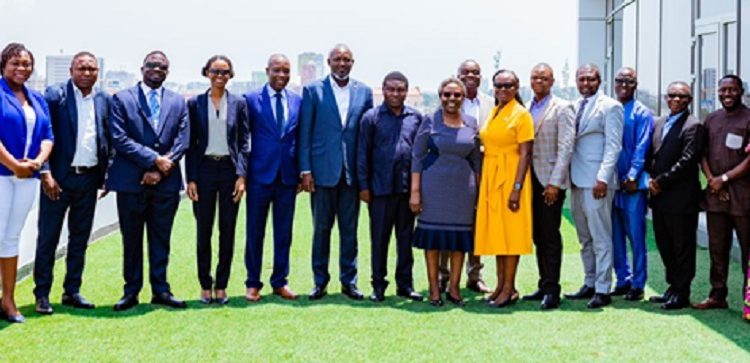
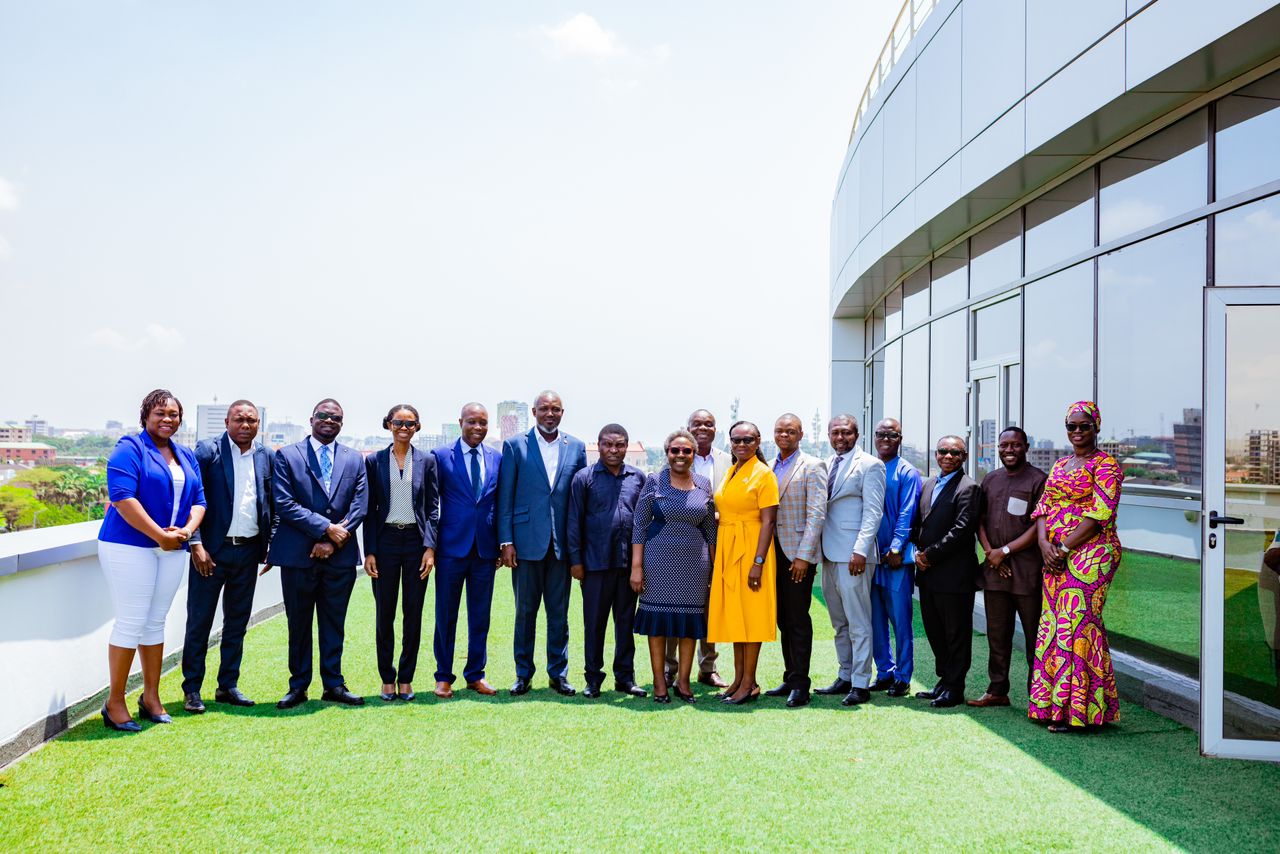

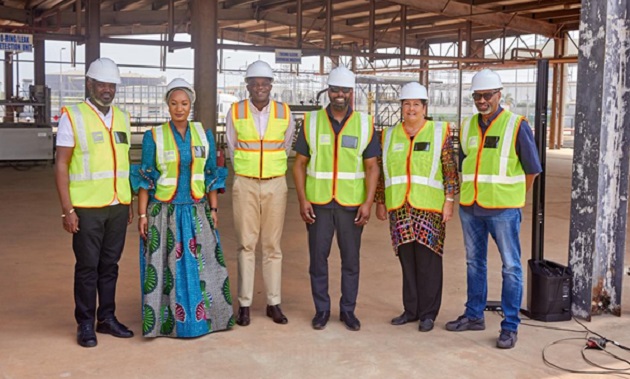

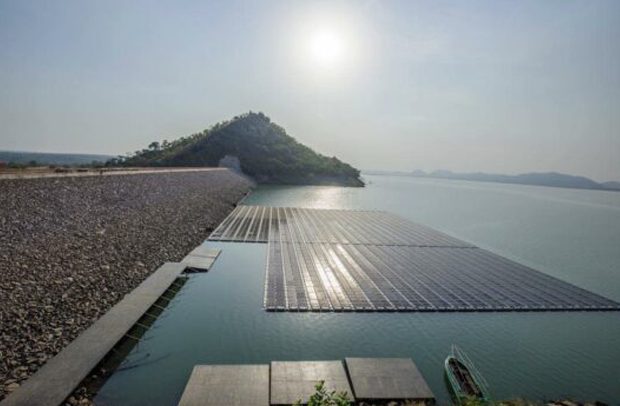
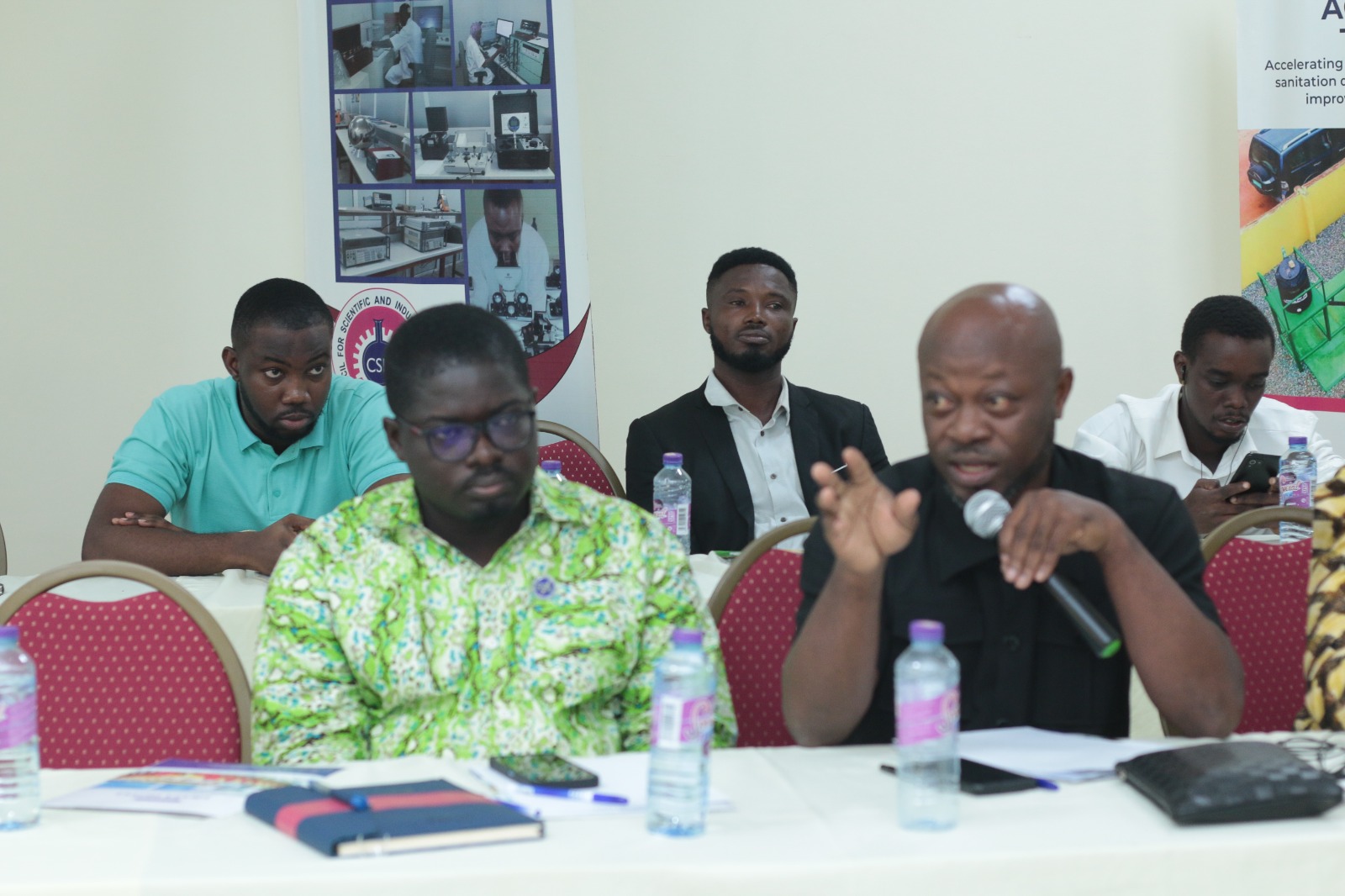
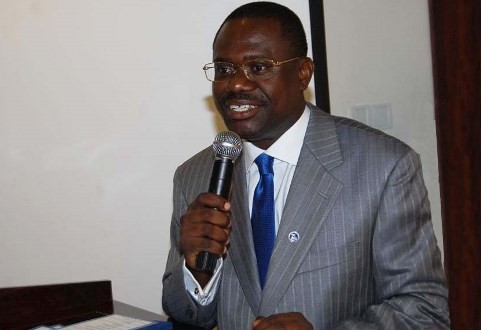
















Facebook
Twitter
Pinterest
Instagram
Google+
YouTube
LinkedIn
RSS